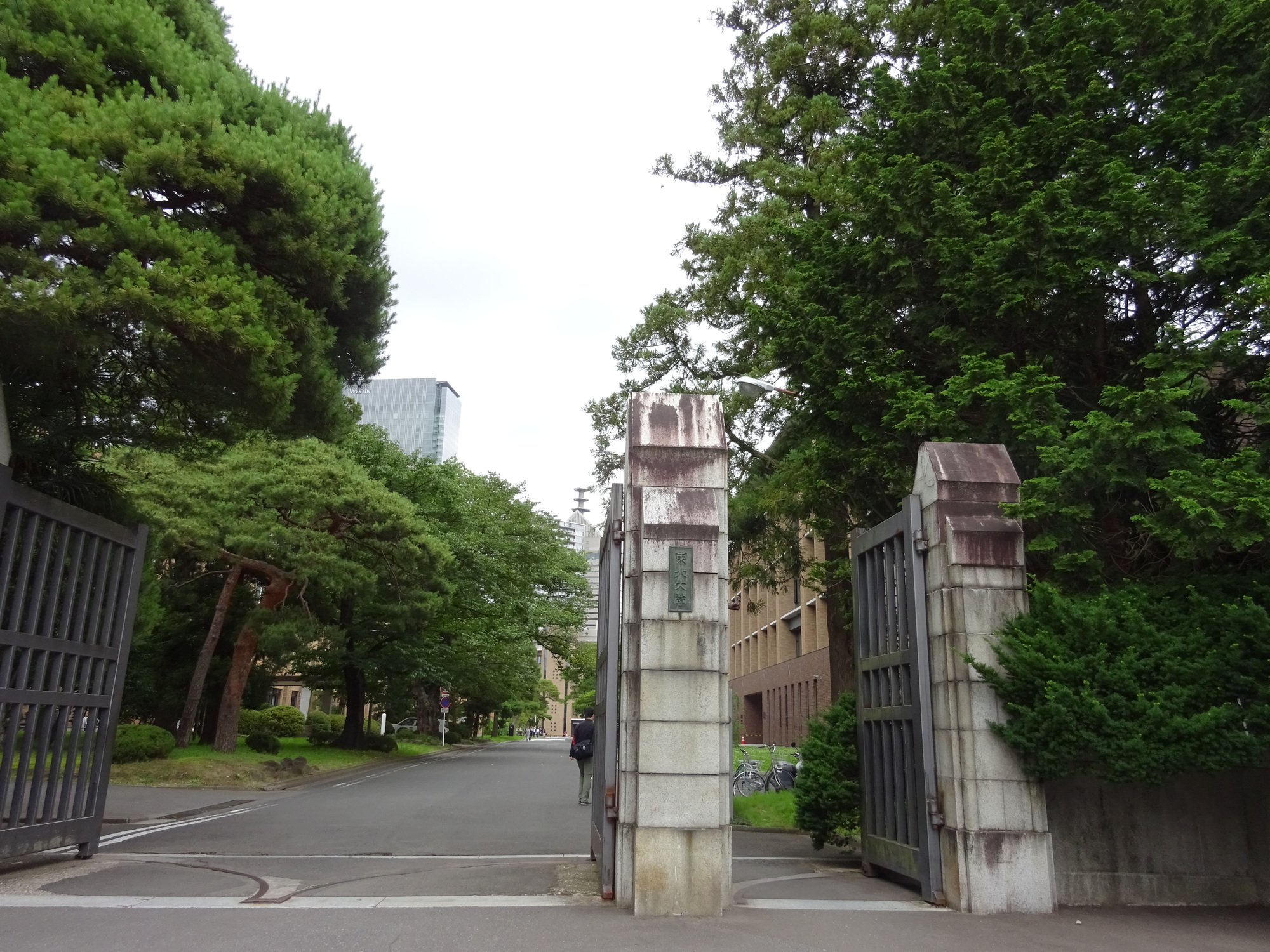A research group led by Professor Shu Makino of Tohoku University succeeded in increasing brown rice yield by up to 28% using recombinant rice without changing the amount of nitrogen fertilizer used in a joint research between Iwate University and International Agricultural Research Institute. ..This is the world's first example of an increase in grain yield due to high nitrogen utilization efficiency and improved photosynthetic function.
Due to the rapid population growth, there are concerns about the global food crisis.On the other hand, in the 1960s, we succeeded in developing a small variety (short culm variety) called "Green Revolution" from the main grains of rice and wheat, and increased sales by relying on a large amount of nitrogen fertilization.However, a large amount of nitrogen fertilization causes environmental pollution and has become a major social problem.There was a need to produce grains that showed high yields without changing the amount of nitrogen fertilizer used.
This time, we used gene recombination technology for a rice variety called Hikari Noto to produce rice (Rubisco-enhanced rice) in which the photosynthetic enzyme Rubisco, which is responsible for carbon dioxide assimilation, was increased by about 1.3 times. For four years from 2016 to 2019, a cultivation test was conducted at the "Genetically Modified Plant Isolation Field" of Tohoku University.
As a result, the brown rice yield of Rubisco-enhanced rice increased by 17% to 28% compared to the parent variety, Hikari Noto.As a result of detailed analysis, it was observed that the amount of rubisco in the leaves of recombinant rice and its activity increased, and the photosynthetic rate increased accordingly.It was found that this improvement in photosynthetic function led to an increase in the ripening rate of recombinant rice and an increase in the number of fertile rice, leading to an increase in yield.
The Rubisco-enhanced rice used in this study cannot be immediately applied to agricultural sites because it uses gene recombination technology, but it was shown that the enhancement of photosynthesis can be applied to the development of new rice varieties.It is expected that this result will contribute to global food crisis avoidance and global environmental conservation.
Paper information:[Nature Food] Transgenic rice overproducing Rubisco exhibits increased yieldswith improved nitrogen use efficiency in an experimental paddy field


